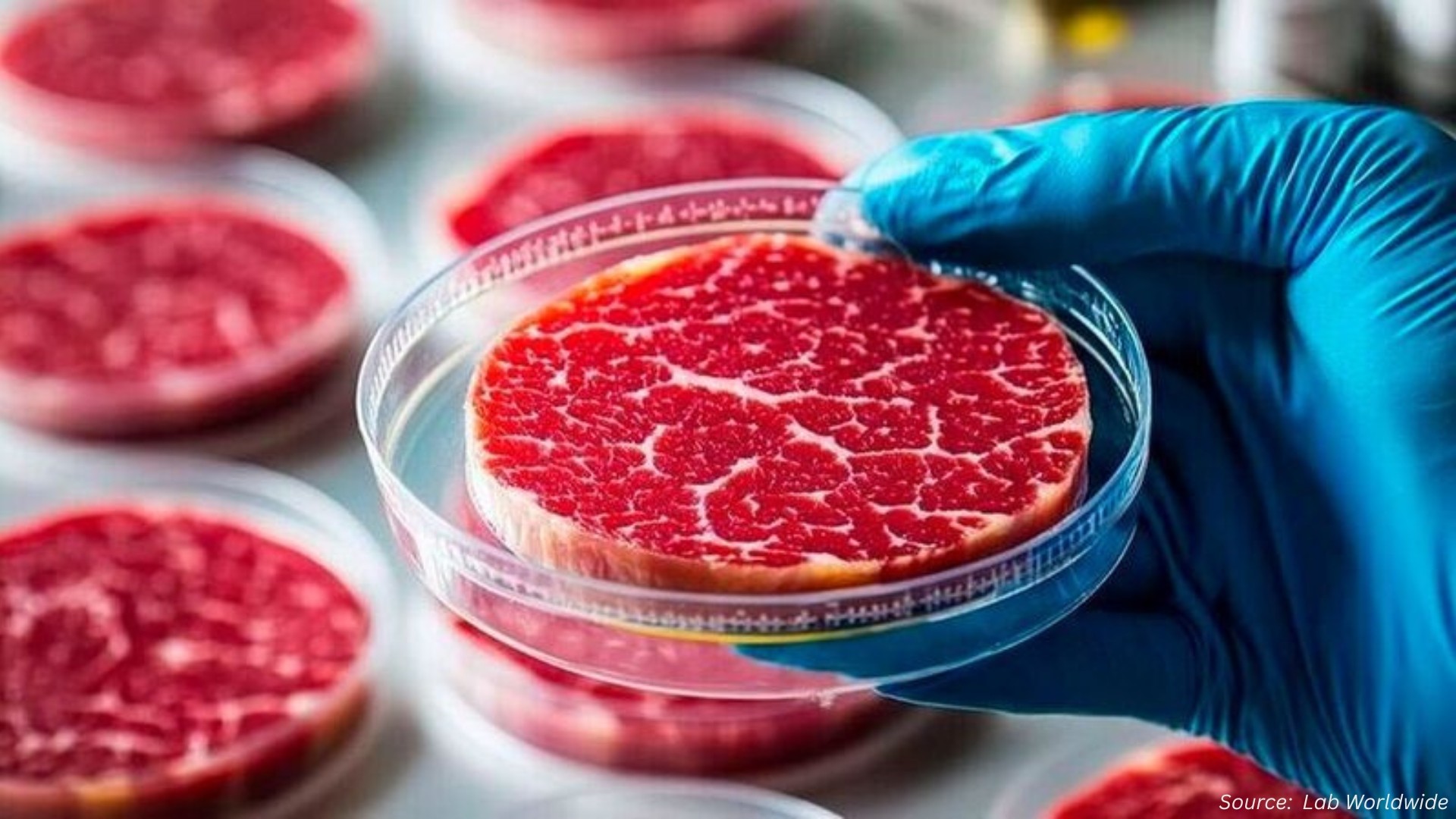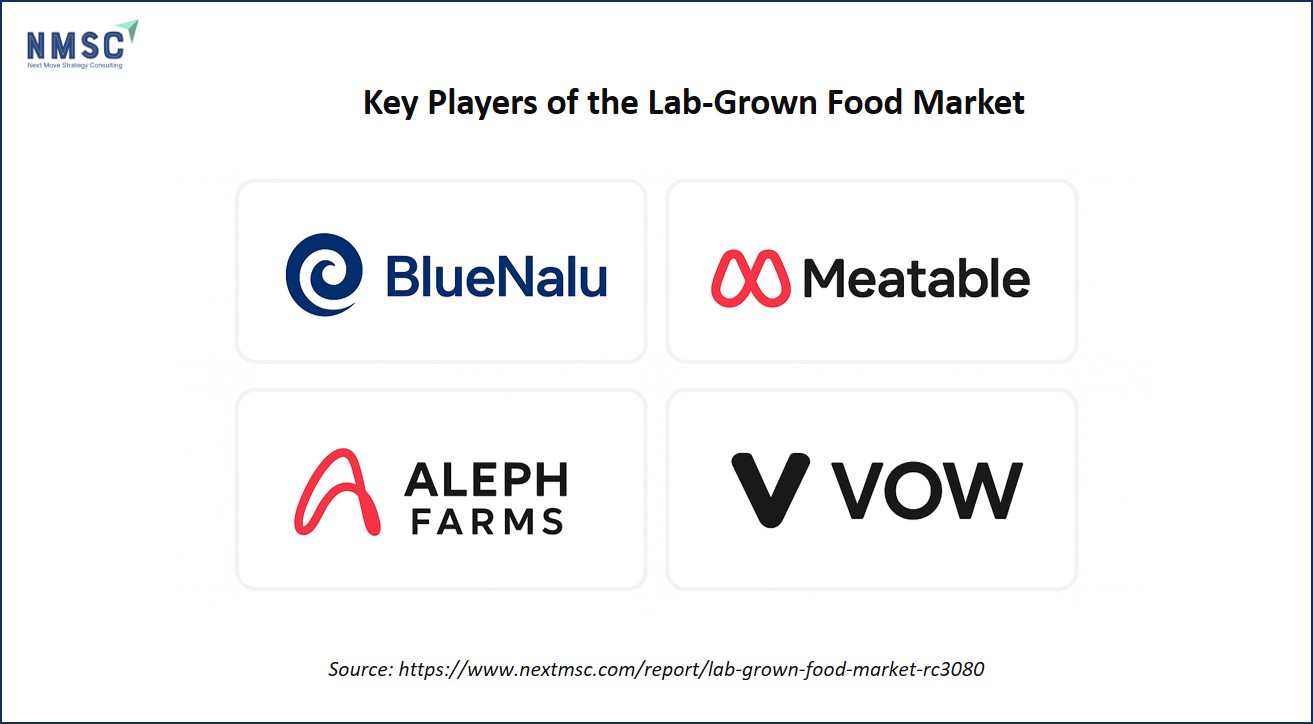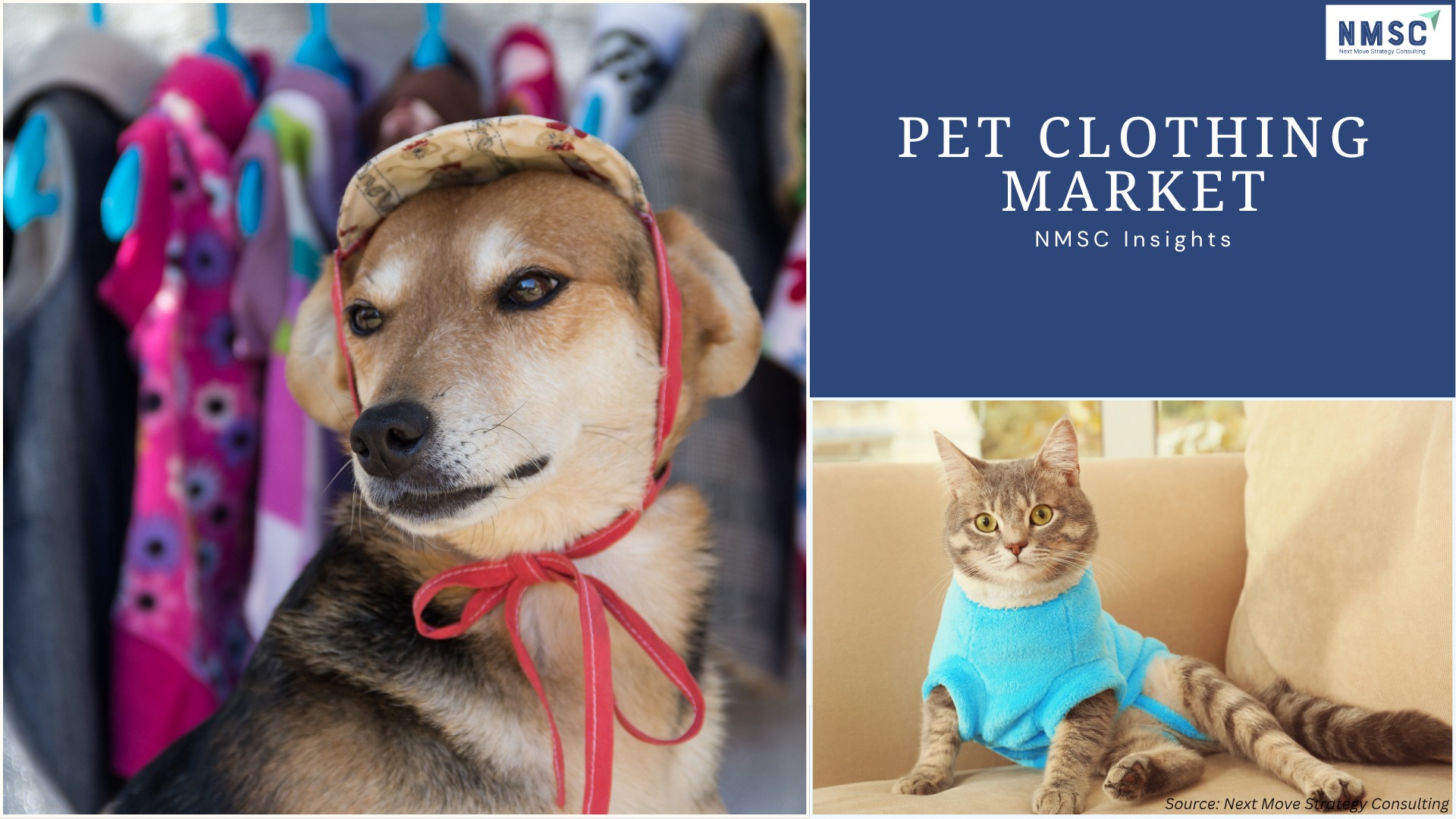Lab-Grown Food Market — How Significant Is Australia’s 2025 Approval?
Published: 2025-09-12

The lab-grown food market is moving from lab benches to restaurant plates. In June 2025 Australia’s food regulator approved cultivated (cell-grown) quail products from startup Vow, clearing the way for cultured foie gras and related items to appear on high-end menus in Sydney and Melbourne within weeks.
Lab-Grown Food Market: What exactly did regulators approve in 2025?
Food Standards Australia New Zealand (FSANZ) concluded that Vow’s cultured Japanese quail products are safe for human consumption, finding no toxicological, nutritional or allergenic concerns and confirming the quail cell line was genetically stable and manageable with standard food-safety controls.
Summary
Australia’s approval is a regulatory milestone validating that at least some cell-cultured products meet established food-safety standards.
-
FSANZ declared Vow’s cultured quail products safe to eat.
Lab-Grown Food Market: Which companies and products are leading this wave?
Vow is one of a very small number of companies globally cleared to sell cultured-cell products; its initial offerings are high-value items: a whipped “forged” parfait, foie gras and an edible tallow candle made from Japanese quail cells, targeted at fine-dining restaurants. Vow says demand in Singapore (where some products were available earlier) grew by 200% a month before Australian approval.
Summary
Market leaders are pursuing premium, novelty products first rather than mass-market burger substitutes.
-
Vow focuses on small-batch, high-value items for restaurants.
-
The company reported rapid demand growth (200%/month) in Singapore prior to the Australian launch.
Lab-Grown Food Market: What commercial and environmental claims are being made — do they stand up?
Proponents claim cultured meat can reduce land use and improve ethics by avoiding slaughter. Vow argues its inner-city production could lower shipping emissions and reach urban markets more directly. However, independent experts caution that current cultured-cell production is energy intensive and, unless powered by renewables, may not offer environmental gains over conventional farming.
Summary
Environmental and ethical benefits are plausible but are not automatic; they depend on scale, process efficiency, and energy sourcing.
Lab-Grown Food Market: What are the biggest challenges to scaling beyond luxury menus?
According to ABC News, key barriers are cost, scale and investor interest. Vow reported a single harvest of 538 kg (a notable manufacturing milestone) but this is tiny compared with national poultry production (for perspective, Australian chicken production reached 388,000 tonnes). Industry experts say capital available to the sector is down, with some estimates suggesting current funding is roughly 10% of what was available a year or two earlier, contributing to layoffs and consolidation.
Short summary
Scaling from niche luxury to mass market will require major cost reductions, capital, and energy improvements.
Summary bullets
-
Harvest milestone: 538 kg single harvest achieved by Vow — meaningful but small versus national supply.
-
Sector funding pressures: capital levels have fallen significantly, leading to layoffs and consolidation.
Key Players
-
BlueNalu — U.S.-based pioneer in cultivated seafood, focusing on cell-based fish fillets to meet sustainable protein demand.
-
Meatable — Dutch startup developing cultivated pork and beef, aiming for scalable, cost-efficient meat alternatives.
-
Aleph Farms — Israel-based company specializing in cultivated steaks, with strong emphasis on sustainability and animal welfare.
-
Vow — Australian innovator bringing novel cultured foods like quail-based foie gras and parfaits to high-end dining.
Lab-Grown Food Market: Does lab-grown meat really help the environment?
Advocates say cultivated meat could:
-
Cut greenhouse gas emissions.
-
Reduce land and water use.
-
Eliminate the need for animal slaughter.
However, challenges persist:
-
Producing 1 kg of beef generates emissions equal to ~40 kg of CO₂. Cultivated meat could help, but it depends on energy sources.
-
Oxford University’s Dr John Lynch warns current claims are based on “hope, not hard evidence” because production is still at small scale.
-
Cultivated meat factories consume large amounts of energy, and details remain commercially confidential.
Lab-Grown Food Market: What are the next steps — actionable takeaways?
-
For investors: Monitor unit-economics developments and look for improvements in media cost and energy-efficiency before committing large capital.
-
For restaurateurs and chefs: Consider limited, high-value menu trials to test consumer response while managing cost.
Final take
Australia’s 2025 approval is a milestone for the lab-grown food market: it demonstrates that regulators will permit cultured-cell products that meet safety standards, and it creates a real-world testing ground for taste, pricing and consumer acceptance. However, mass-market impact will depend on hard technical and economic progress — cheaper growth media, lower energy per kilogram, and capital returning to the sector.
About the Author
 Joydeep Dey is a seasoned SEO Executive, Content Writer, and AI expert with over 2½ years of experience in digital marketing and artificial intelligence. He specializes in SEO strategy, impactful content creation, and developing data-driven, AI-powered solutions that enhance online visibility and engagement. With a strong foundation in natural language processing and emerging AI technologies, Joydeep is known for simplifying complex concepts into clear, actionable insights.
Joydeep Dey is a seasoned SEO Executive, Content Writer, and AI expert with over 2½ years of experience in digital marketing and artificial intelligence. He specializes in SEO strategy, impactful content creation, and developing data-driven, AI-powered solutions that enhance online visibility and engagement. With a strong foundation in natural language processing and emerging AI technologies, Joydeep is known for simplifying complex concepts into clear, actionable insights.
About the Reviewer
 Sanyukta Deb is a skilled Content Writer and Digital Marketing Team Leader, specializing in online visibility strategies and data-driven campaigns. She excels at creating audience-focused content that boosts brand presence and engagement, while also pursuing creative projects and design interests.
Sanyukta Deb is a skilled Content Writer and Digital Marketing Team Leader, specializing in online visibility strategies and data-driven campaigns. She excels at creating audience-focused content that boosts brand presence and engagement, while also pursuing creative projects and design interests.

















Add Comment